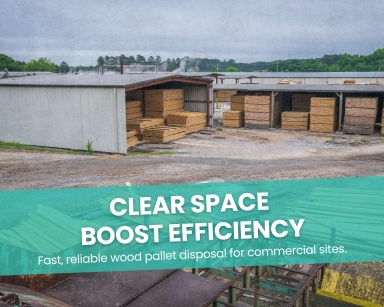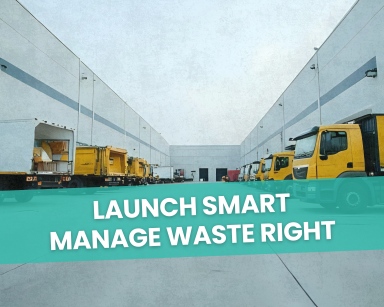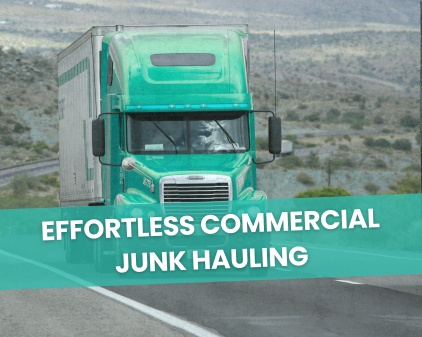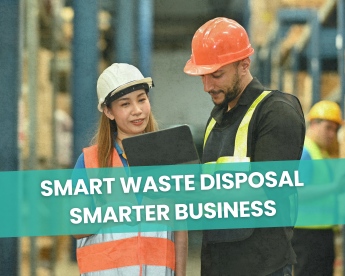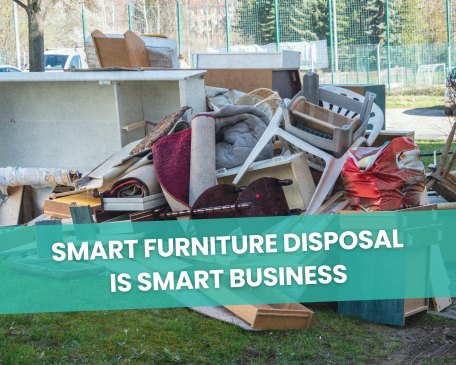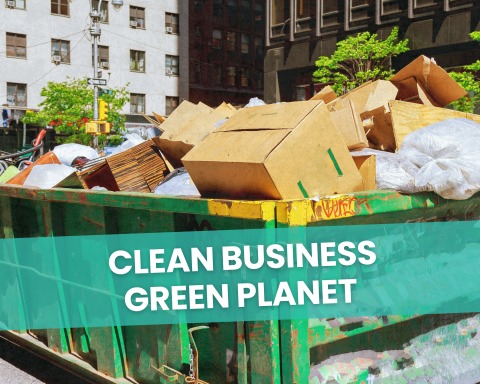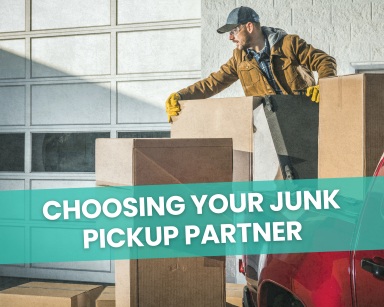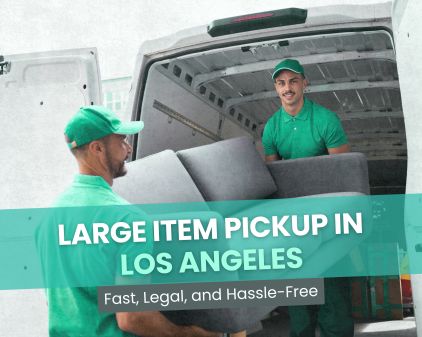How Industrialization Lead to Waste Disposal Challenges
Table of Contents
How Did Industrialization Lead To Problems Of Waste Disposal?
In the golden age of industrialization, where human innovation soared to new heights, a shadow grew beneath the gleaming machinery: the problem of waste disposal. As cities burgeoned, the human demand for new products surged, unleashing an unforeseen challenge in handling various types of waste.
Industrialization not only transformed lifestyles but also set the stage for a complex issue that affected both the environment and society. This isn’t just a story, it’s a narrative of hope, innovation, and beneficial reuse. It’s about how companies like Happen Ventures are redefining waste management, turning challenges into opportunities.
How Did Industrialization Affect the Life of Mankind?
Human Interaction with Waste
Industrialization has altered the human relationship with waste. Urban environments, burgeoning with manufacturing and consumption, generated a type of solid residue unfamiliar to previous generations:
- Municipal: The unprecedented rise in municipal waste signaled a pressing need for advanced disposal methods.
- Industrial: Industries led to increased residue, calling for specialized management.
As industrialization unfolded, the shift from agrarian societies meant a more centralized production of goods and an escalation in the creation of by-products. The infrastructure, at the time, lacked the capacity for adequate disposal, leading to various problems.
Industrialization also played a significant role in the transformation of consumer behavior. As the production of goods increased, so did consumption. The resultant residue, especially from single-use products, further compounded the challenge of disposal.
Industrialization and Environmental Challenges for Waste Disposal
Industrialization brought economic prosperity but not without environmental costs. The lack of effective disposal solutions contributed to pollution and contamination, leading to:
- Health Problems: Poor handling can impact human health.
- Environmental Degradation: Improper disposal affects soil, water, and air quality.
While industrialization has undoubtedly led to remarkable advancements, the environmental consequences have been significant. One major concern was the manner in which residue was being dealt with, often in ways that were detrimental to the environment and society. This led to many calling for better management strategies to cope with the rising tide.
The type of waste generated varied, and this diversity required different strategies. For instance, solid residue from households and hazardous waste from industries needed to be separated and dealt with distinctively. Mismanagement often leads to detrimental effects on the environment, highlighting the need for proper disposal methods.
The Problem of Waste from the Development of Industrialization
Types of Industrial Waste
Industrialization saw the emergence of distinct types:
- Solid: Often dealt with through landfills, solid waste became a pressing concern.
- Hazardous: This type brought new challenges in disposal, requiring specialized handling.
Legacy of Landfills in Waste Disposal
In this saga, landfills have been the traditional method of disposal. However, they became a symbol of a problem:
- Environmental Impact: Methane emissions from landfills contribute to climate change.
- Space Crunch: Limited space led to a quest for innovative disposal solutions.
Landfills became the go-to solution during the rise of industrialization. They initially seemed like a viable solution, but it wasn’t long before the problems they led to became evident. The issue wasn’t just environmental; social concerns emerged as people lived in close proximity to these sites. The management of these landfills was crucial, but often they were poorly managed.
Reimagining Waste Disposal: The Method Of Beneficial Reuse
From Waste Disposal to Reuse
Here enters beneficial reuse, transforming the disposal landscape:
- Recycling and Upcycling: Turning waste into valuable products.
- Community Connection: Redirecting products wrongly going to landfills to communities in need.
The focus slowly shifted from merely dumping scrap to seeing how it could be repurposed. The rise of management practices such as beneficial reuse lead the way in this transformation. These methods not only reduced the amount of solid trash going into landfills but also turned them into useful products, effectively dealing with two problems at once.
Lessons from Happen Ventures
Happen Ventures‘ approach provides an effective, human-centered solution:
- Identification of Products: Focusing on good products is wrongly considered waste.
- Transformation: Leading the shift from linear to circular economy through reuse.
Companies like Happen Ventures took the lead in this new age of management. Recognizing that a type of product might be wrongly classified as waste, they initiated efforts to redirect these items. Their approach is not just about disposal; it’s about giving materials a new life, ushering in a circular economy where resources are used, reused, and then recycled.
What Does Happen Ventures Offer in Terms of Industrial Waste Disposal?
Transformation of Linear to Circular Economy
Happen Ventures is not merely dealing with waste. They are transforming it:
- Customized Solutions: Working with brands, retail, and manufacturing, among others.
- Balancing Business and Sustainability: Waste management that benefits both the economy and the environment.
Happen Ventures recognized that the linear model of “produce, use, dispose” was no longer sustainable. Instead, they lead the charge in adopting a circular approach. This change was significant, as it meant that products were not just consumed and thrown away. Instead, they were reintroduced into the production cycle.
Customized Service for Different Industries
Tailored solutions to various sectors:
- Cost-Effective Alternatives: Offers alternatives to traditional disposal.
- Corporate Sustainability: Enhancing practices for positive social impact.
Understanding that one size doesn’t fit all, Happen Ventures offers tailored disposal solutions. Their initiatives lead to more cost-effective alternatives for companies, helping them achieve their sustainability goals. This strategic management has propelled Happen Ventures to the forefront of the industry.
How Happen Ventures Approach of Beneficial Reuse Can Lead To Corporate Sustainability & Social Impact?
A Blueprint for Success
Happen Ventures’ approach is a promising example of how industrial waste disposal can be human-centric:
- Security and Transparency: Ensuring data privacy and clear traceability.
- Economic and Social Benefits: Generating value for businesses and communities.
Happen Ventures offers an innovative approach that goes beyond traditional waste management. They lead by example, demonstrating how industries can transform their waste disposal practices for the better.
Improving Corporate Sustainability
Emphasizing not just reduction, but economic sustainability:
- Methodologies: Reusing, refurbishing, and recycling products.
- Positive Impact: Enabling companies to minimize their environmental footprint.
The methodologies employed by Happen Ventures, like reusing and recycling, lead to more sustainable practices. This not only has a positive impact on the environment but also helps companies reduce costs and optimize resources.
Conclusion
Industrialization’s shadow, once a daunting problem, is being turned into an opportunity. The lessons and methods from Happen Ventures illuminate a path towards not just a greener future but a more empathetic one. The way we approach waste today doesn’t just reflect our technological prowess; it mirrors our human values, our ingenuity, and our shared commitment to a world where waste doesn’t have to be a problem but a chance to innovate, connect, and inspire.


